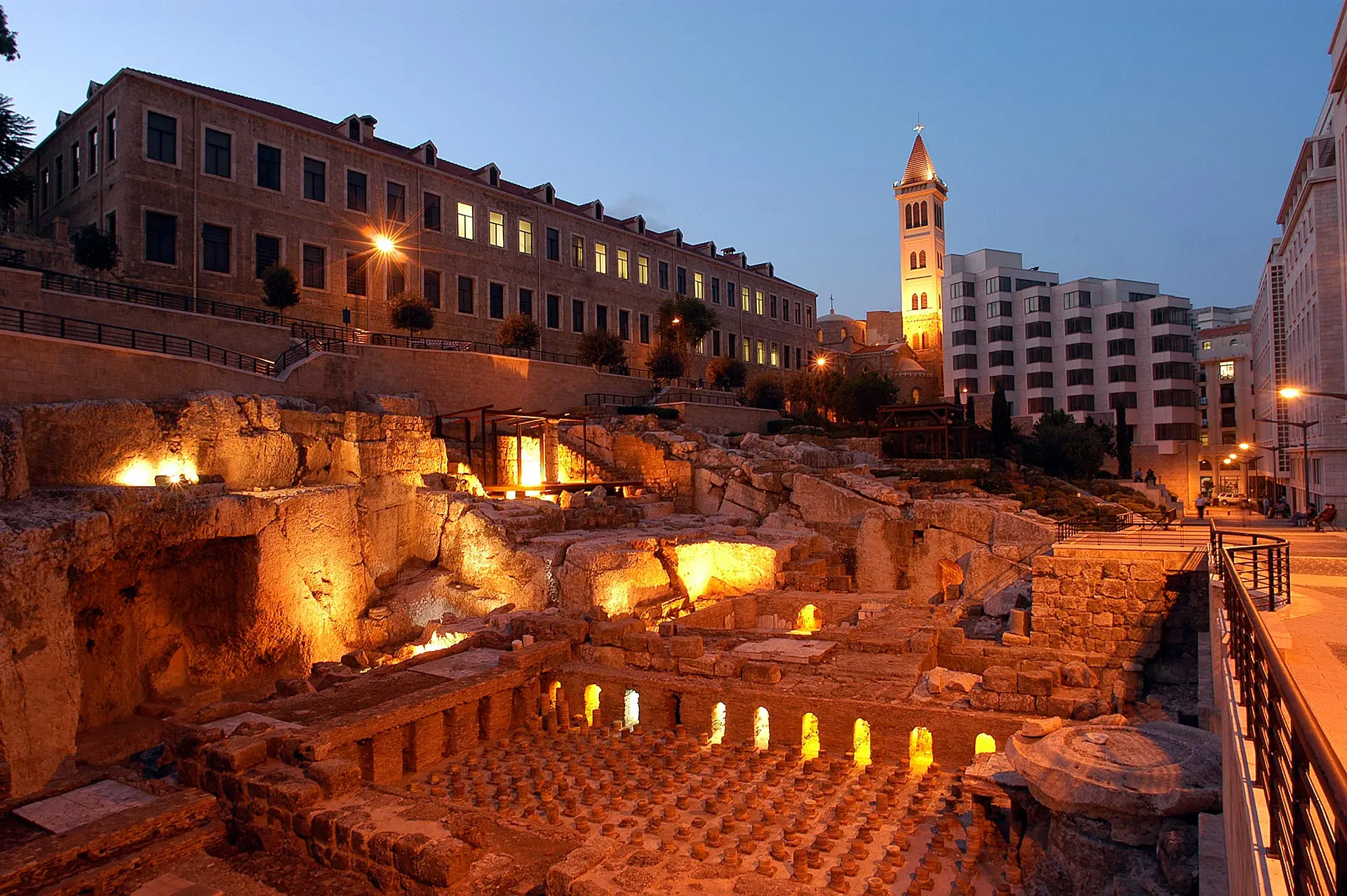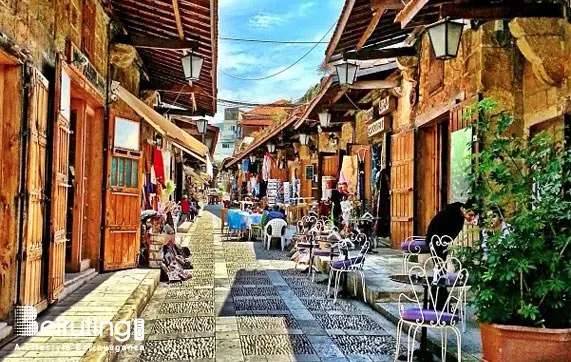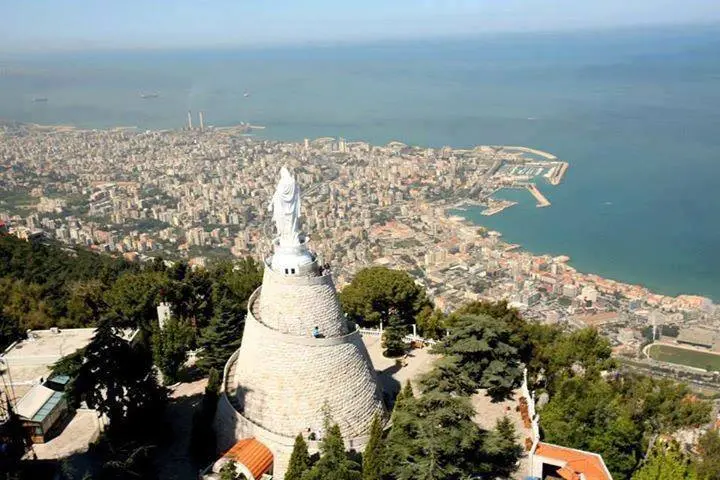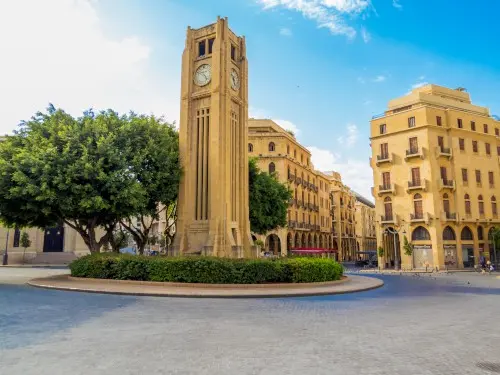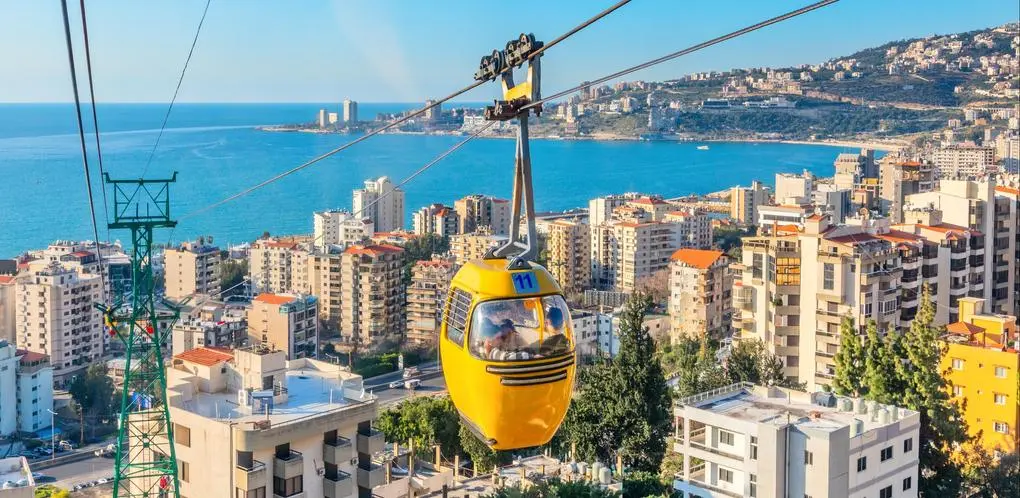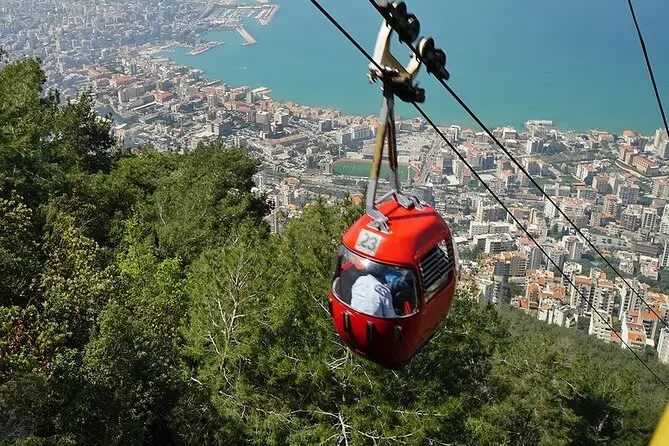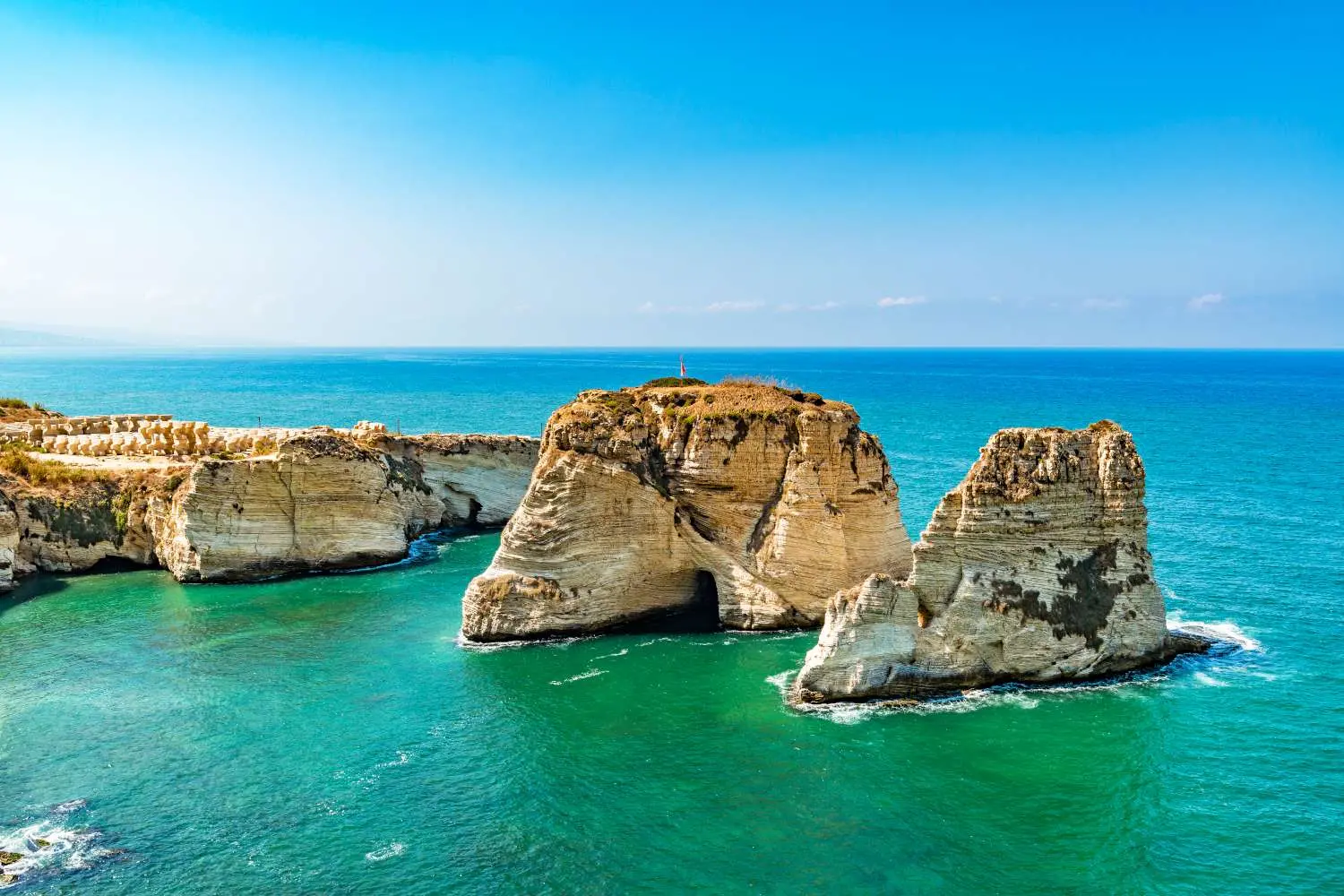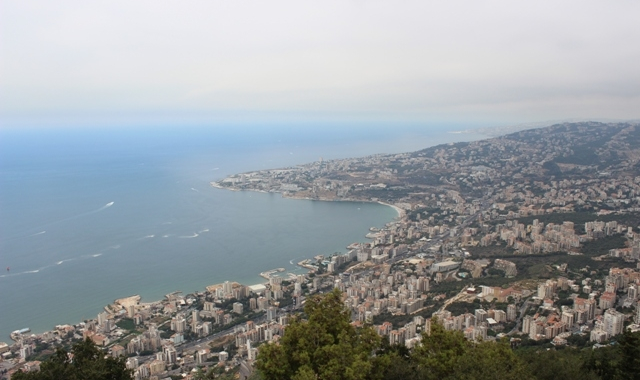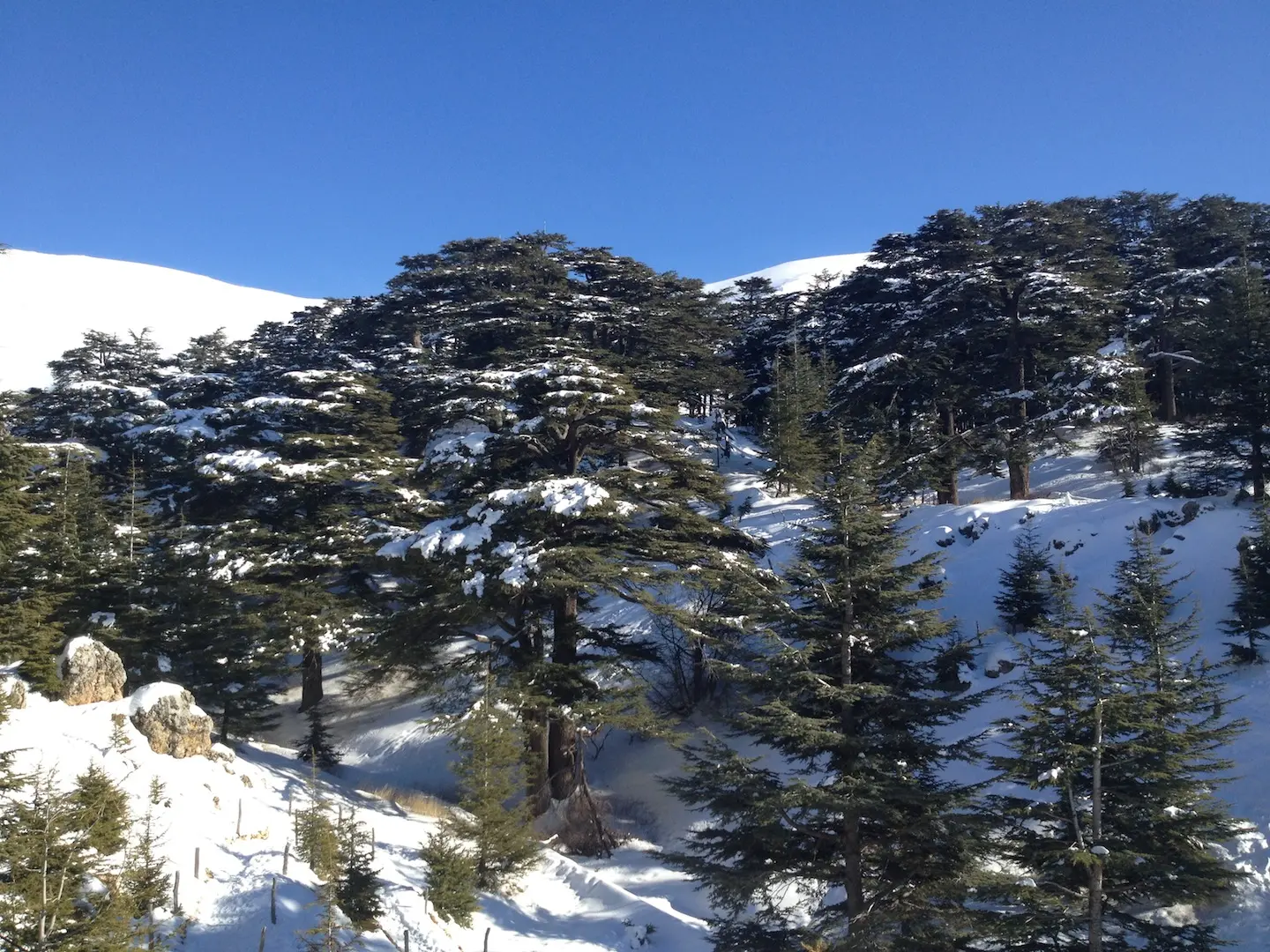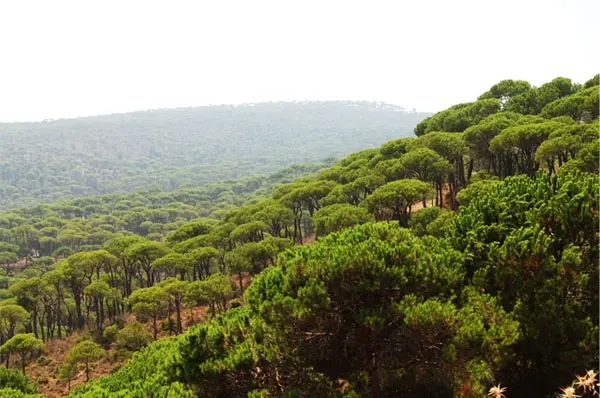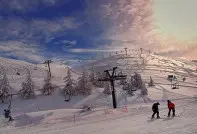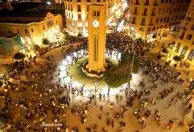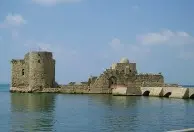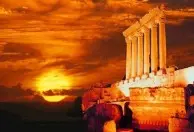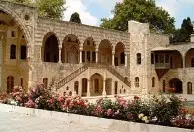-
Official Name: The Republic Of Lebanon
-
Capital: Beirut
-
Official Language: Arabic | Country Code: 00961
-
Time Zone: EET (UTC+2) | Summer Timing: (UTC+3)

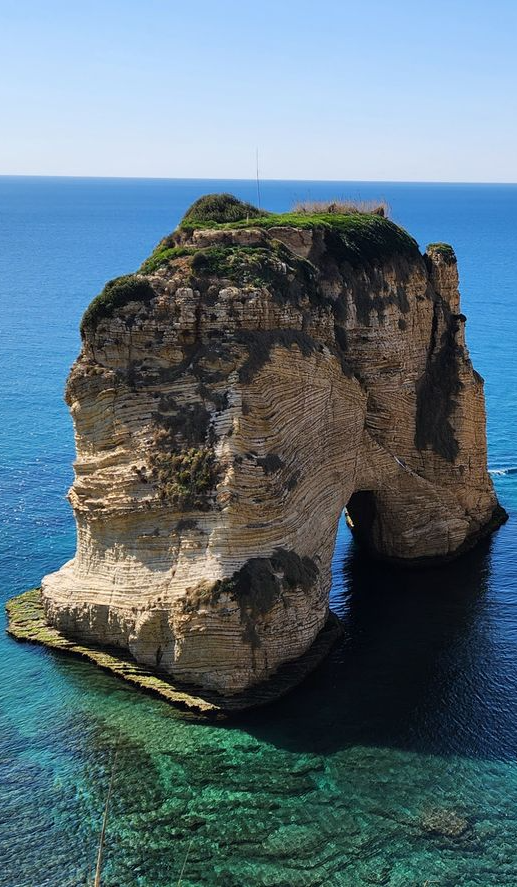
The Republic of Lebanon is a parliamentary democracy whose independence was declared in 1943. It lies on the eastern coast of the Mediterranean and is over 10,452 square kilometers in area. The state is headed by the President of the Republic who strives to ensure respect for the Constitution and safeguarding Lebanon’s independence and territorial integrity. He is the commander-in-chief of the armed forces.
The Lebanese political system is based on the principles of separation, balance, and cooperation amongst the powers.
Legislative power rests with the Chamber of Deputies (Parliament), which consists of 128 deputies who are elected directly by the people for a four-year term. The Chamber elects one of its members as President of the Chamber for a similar term.
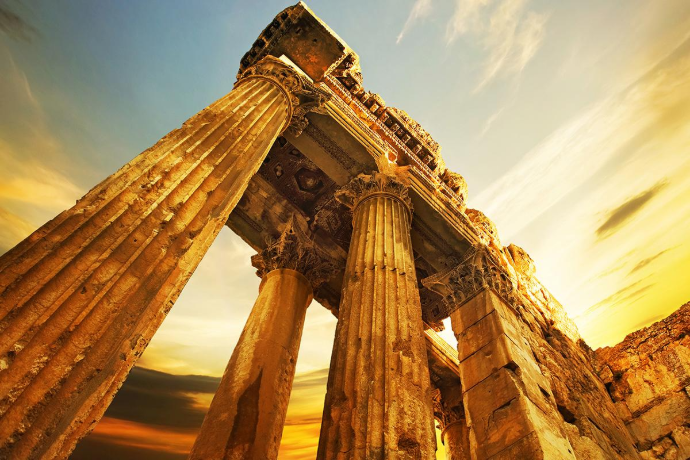
Executive power is entrusted to the Council of Ministers, which draws up and implements public policy in all fields in accordance with the laws in force. The prime minister is appointed on the basis of Parliamentary consultations that are binding. The Cabinet is formed in agreement with the President of the Republic following Parliamentary consultations undertaken by the prime minister designate.
Judicial power rests with judicial courts of different degrees and levels of jurisdiction. Magistrates are independent in the exercise of their functions; their decisions and judgments are rendered and executed in the name of the Lebanese people.
Lebanon has a free economy that guarantees entrepreneurship and private property. It is led by a private sector that plays a major role in the different economic fields, especially the services sector and the financial and banking sector, which represent 70% of Lebanon’s national income.
Lebanon a country of diversity
Despite its small area (10,452 square km), this is a land, resplendent in its diverse geography, landscape, culture and history.
From the white-capped mountains and blue sea, to the countryside, from arid hills to lush forests, the visitor discovers a series of contrasts. Bare rocky mountains are followed by luxuriant valleys watered by rivers and waterfalls. Views change quickly from pine covered hills to dramatic rocky landscapes, to fertile plains laid out with farms and vineyards.
Lebanon is also a country of multiple origins, shaped by 10,000 years of history. From earliest times, its natural beauty and privileged geographical position attracted conquerors and occupiers who left behind traces of their civilizations. Each added an indelible imprint to the makeup of what would become modern Lebanon.
The legacy of the past is clear from the extraordinary variety of archaeological sites in every corner of the country. From Phoenician sarcophagi to Roman temples, to Crusader castles and Mamlouk mosques, wherever you go, evidence of this country’s rich and tormented past comes to light.
The cuisine of Lebanon, like its culture is surprising in its diversity. It is known above all for its mezze, countless dishes of savory hors-d’oeuvres which are endlessly replenished and served in a warm and congenial setting.
Any attempt to describe Lebanon is a task carried out in vain. It cannot be confined by words; it must be lived. So we invite you to visit our marvelous country, where roads lead from town to village and from site to city, from one époque to another.
